|
I remember visiting Disney World as a kid, and mom bought me a pair of Mickey Mouse ears with my name embroidered onto them. I also remember going to see The New Kids on the Block and my mom buying me a NYOTB peace sign necklace. It was literally the coolest thing I owned, well for a week until it broke. She has bought Christmas Carol programs, Katie Perry glow sticks, Nascar ticket holders and ear muff radios. Souvenirs are an odd commodity, the physical representation of a moment in time. It is like we have to have them so that we will one day be able to recall the memory. My roommate has traveled to almost every continent and always brings back tokens of his adventures. Sometimes it's a fake plastic globe, a deity or god or some-sort, sand from the Sahara, rocks from the Berlin wall, or a indigenous mask to add to his collection. They are all amazing and individual to each traveler.
I on the other hand love knick-knack and junk stores. Like for instance when I was living in Rome for a month I found the equivalent of the Dollar Store, the Euro Store and I purchased an ice cube tray that made frozen penises and people fornicating. Another time I was in rural Colombia and I purchased soap that supposedly livened up your love life along with one of my pride possessions a camel-toe protector. And for anyone who doesn't know what a camel toe is, it refers the way a woman's private parts look in pants. I've been all around the Caribbean and finally at one point I realized I don't need anymore shark tooth necklaces or statement tee-shirts. I prefer to have a local meal or take home some local hot sauce. But as for my mom there is only one moment in my life when I recall my mom not buying a souvenir and that was after visiting the World Trade Center site. We had made an appointment last November, at what felt like 6:00 a.m. After heartbreak-ingly staring at the names on the walls and watching the waterfall, we decided it was time to leave. We stopped in the store on our way out. Which by the way there is no way avoiding, you practically have to exit through it. Now this is awful especially for someone who lost a loved one. But as for my mom and I, we were just curious about was sold, plus we didn't want to miss anything. You see we are shopper coupled with an insatiable curiosity. However it was in this moment that we both realized we didn't need anything. We had each-other, we were for the most part happy and healthy in life. So we went about our way and took this moment with us. Maybe we just didn't want to support the commercialism that probably got us into this mess in the first place or is that we just didn't want to look like idiots rocking a 9/11 hat? Either way the moment stuck with me, just as much as visiting the Vatican catacombs or the Hollywood cemetery in Richmond. I didn't and don't need a souvenir to remember.
0 Comments
Leave a Reply. |
LAJ
100 Objects of Popular and Material Culture is an blog exploring the manifestations of human consumption and commodity-ization. The purpose of this experiment is to explore material and popular culture in contemporary society by using objects and concepts to prompt wider questions and reflections. So by emulating The British Museum's and Neil MacGregor's format of A History of the World in 100 Objects I plan to satirically analyze and reinterpreted 100 material culture objects over the course of 2014. Material Culture is the study of our culture's consumption of stuff; namely the manifestation of culture through material productions where people's perceptions of objects is socially and culturally dependent. With this, objects reflect conscious and unconscious beliefs on the the individuals who fabricated, purchased, or used them, and by extension the society where they live. So examining materiality, cultural truths and societal assumptions may be discovered. As anthropologist Arjun Appaduai states "in any society the individual is often caught between the cultural structure of commodity-ization and his own personal attempts to bring a value and order to the universe of things." Objects and commodities make up a much larger symbolic system consisting of want and need, socio-economic status, fashion, etc. Often times form follows function whether the commodity, market, and or consumer forever evolve around one-another. Philosopher Pierre Bourdieu's theories of capital flow full circle; where regardless if you are a minimalist or a hoarder the world is made up of things and everyone will leave their footprint on the earth. So by humorously analyzing marketed objects and concepts, hopefully this blog will provide further incite into ideas of over-consumption, a disposable society, consumerism vs. anti-consumers, planned obsolescence vs. sustainability, as well as the greater good of mankind and future generations. Archives
March 2015
Categories |
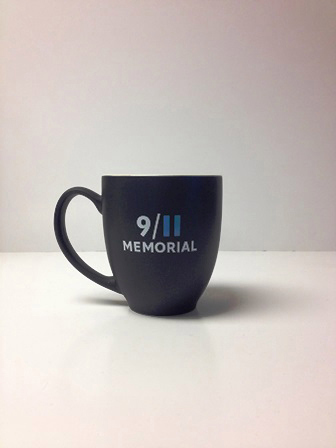
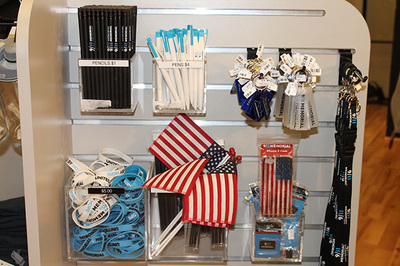
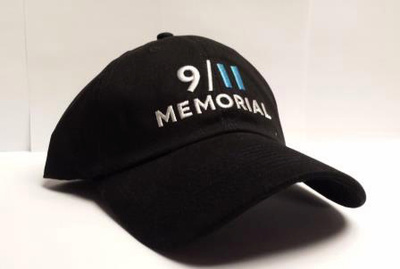
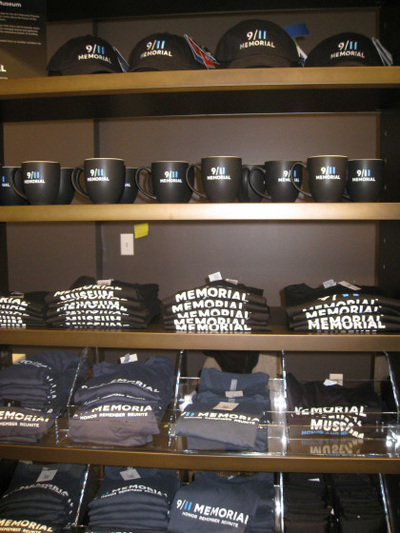
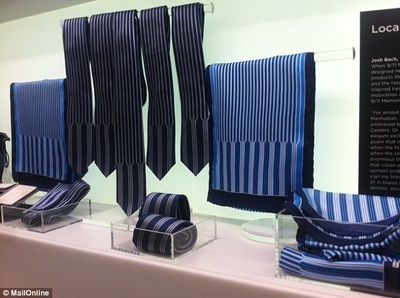
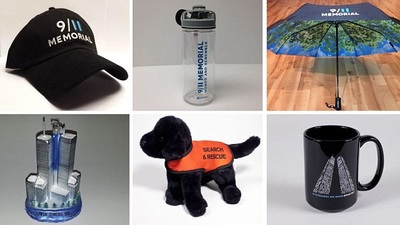
 RSS Feed
RSS Feed